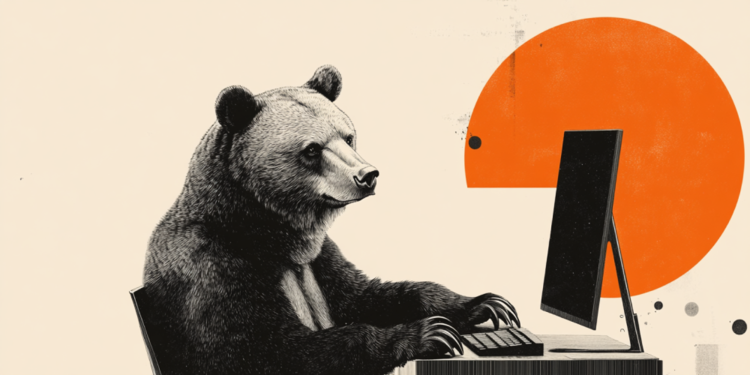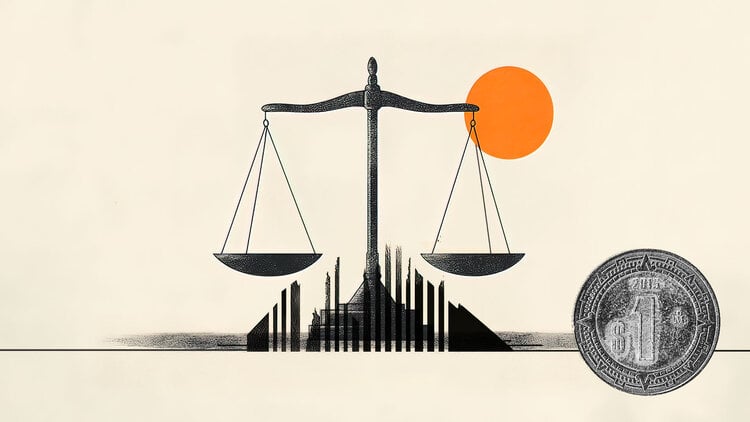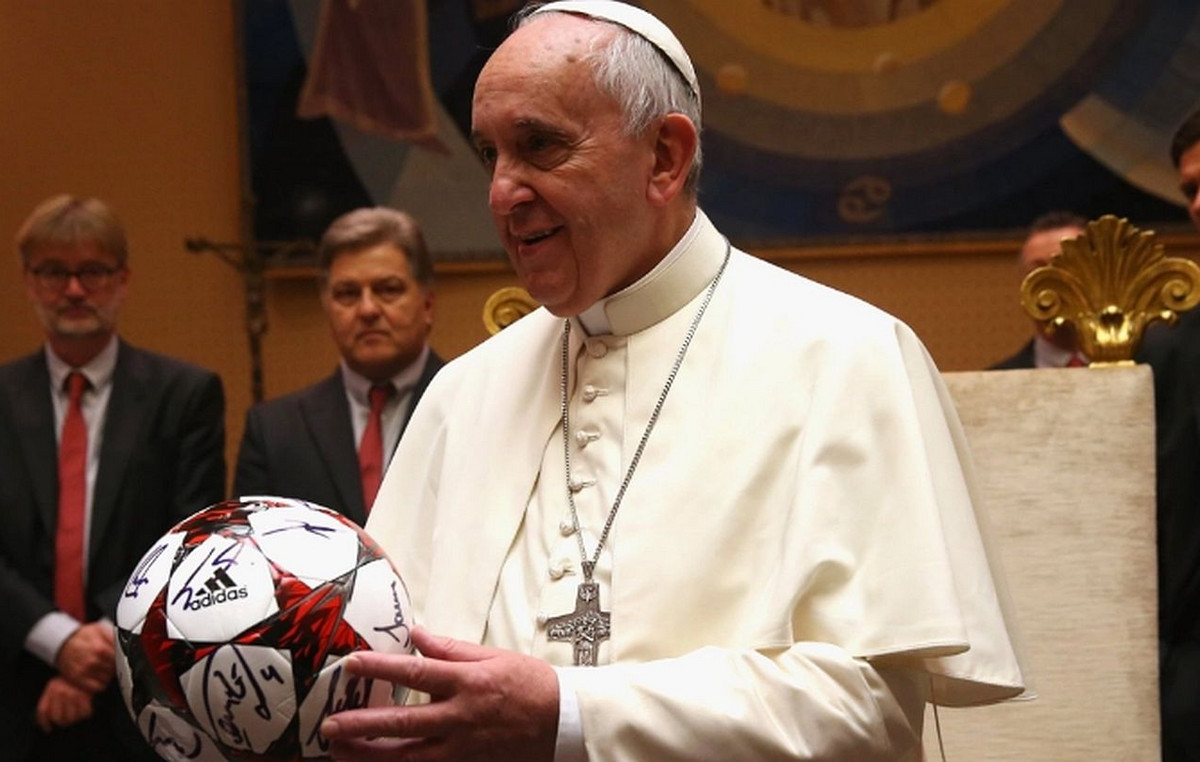Israel’s Supreme Court on Tuesday ordered the government to call up ultra-Orthodox Jews for military service, dealing a blow to Prime Minister Benjamin Netanyahu that has the potential to undo his ruling coalition.
The court also ordered the government to withdraw funding from any religious schools, or yeshivas, whose students do not comply with preliminary warnings.
“At this time there is no legal framework that allows us to distinguish between yeshiva students and those destined for military service,” the court said. “Consequently, the state does not have the authority to order a total avoidance of their recruitment.”
For all intents and purposes, Ultra-Orthodox (or Haredi) Jews have been exempt from mandatory national military service since the founding of Israel. Ultra-Orthodox Jews consider religious study fundamental to the preservation of Judaism, as important to the defense of Israel as the military.
Haredi parties have staunchly opposed efforts to get ultra-Orthodox youth to serve in the military. Netanyahu’s fragile coalition government relies on two Haredi parties – United Torah Judaism and Shas – to govern. He has been trying for weeks to push legislation through Israel’s parliament, the Knesset, that would enshrine into law a bill for an exemption for Haredi men.
Netanyahu’s defense minister, Yoav Gallant, publicly criticized Netanyahu’s attempt to exempt Haredi Jews.
This is not the first time the Supreme Court has struck down the Haredi exemption. In 1998, the court told the government that allowing Haredi to opt out of the draft violated equal protection principles. In the following decades, successive governments and Knessets attempted to resolve the issue, only to be repeatedly told by the court that their efforts were illegal.
In a February poll conducted by the Israel Democracy Institute, 64% of Israeli respondents and 70% of Israeli Jewish respondents said the Haredi exemption “should be changed.” The researchers spoke to adults living in Israel – 600 in Hebrew and 150 in Arabic.
Source: CNN Brasil
Bruce Belcher is a seasoned author with over 5 years of experience in world news. He writes for online news websites and provides in-depth analysis on the world stock market. Bruce is known for his insightful perspectives and commitment to keeping the public informed.







